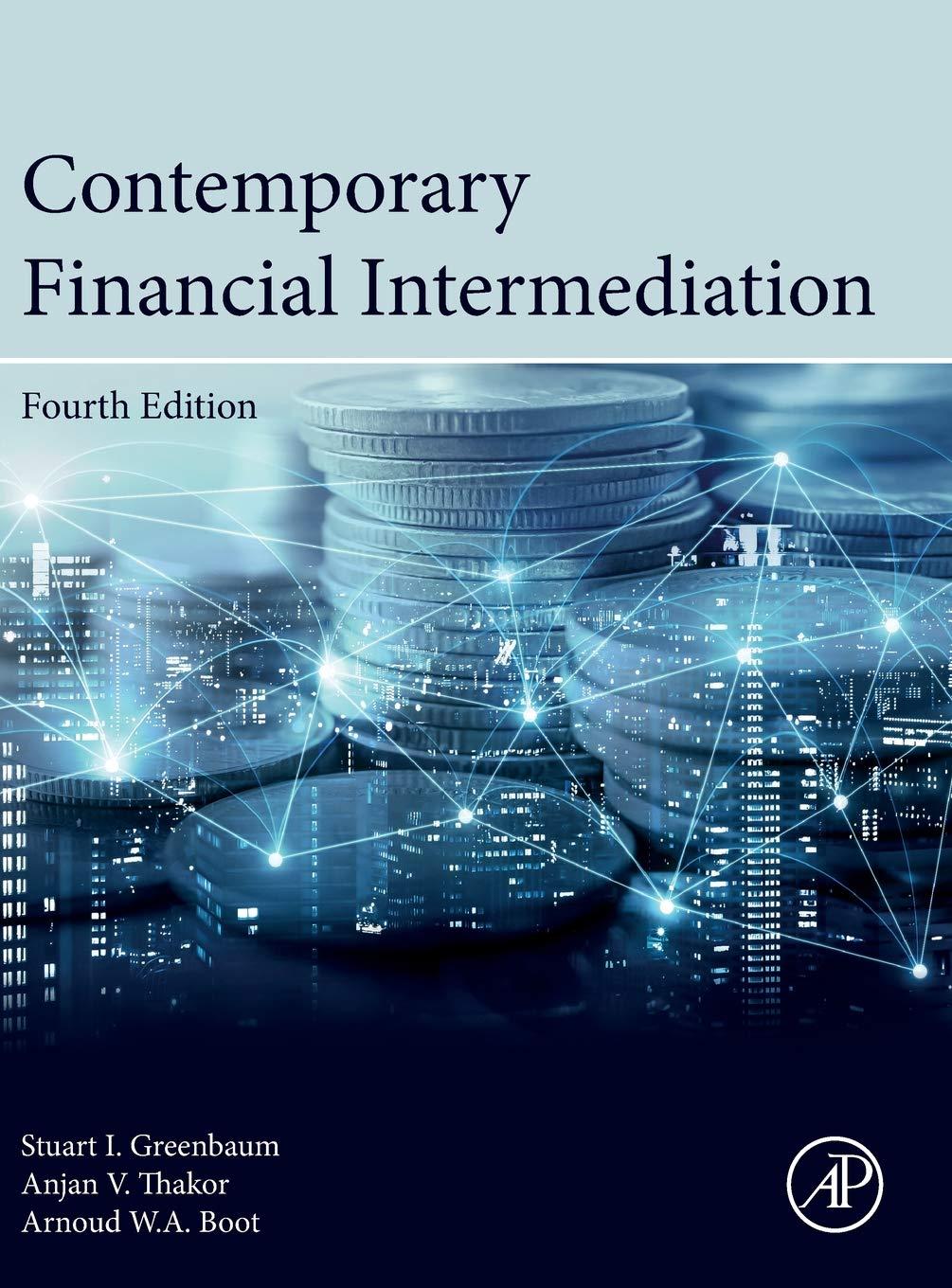Suppose there are two prisoners who jointly committed a crime. There is insufficient evidence to convict either
Question:
Suppose there are two prisoners who jointly committed a crime. There is insufficient evidence to convict either of them, unless one or both disclose information. The police, in an attempt to break their bond of silence, separately offer each the following deal.
If prisoner 1 confesses and informs on prisoner 2 (who does not confess and inform on prisoner 1), then prisoner 1 will be freed.
Let 4 represent the payoff equivalent to being set free after confessing. We assume that confessing and informing on his partner in crime causes the prisoner to feel a twinge of remorse, so that he enjoys 5 if he is freed without confessing. Of course, if prisoner 1 confesses and prisoner 2 does not, the latter will be convicted. Let 0 represent the payoff equivalent of being convicted. If both prisoners confess and inform, then both will be convicted, but the person who confesses and is still convicted receives a lighter sentence than one who remains silent and is convicted. Let 1 represent the payoff equivalent of being convicted despite confessing.
Both prisoners know that if neither confesses, they will both be set free. What will be the Nash equilibrium in this “prisoners’
dilemma”?
Step by Step Answer:

Contemporary Financial Intermediation
ISBN: 9780124052086
4th Edition
Authors: Stuart I. Greenbaum, Anjan V. Thakor, Arnoud Boot





